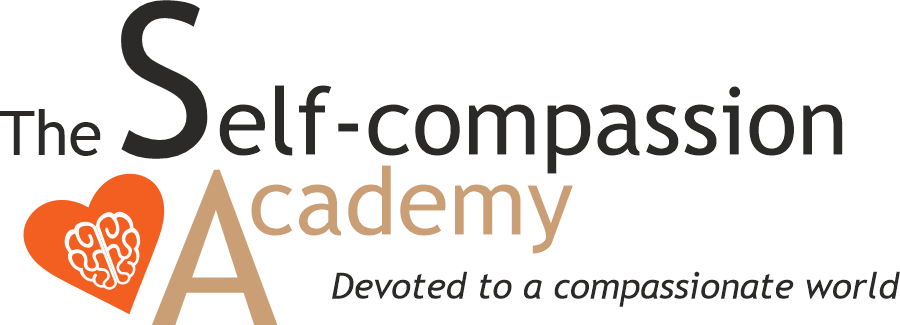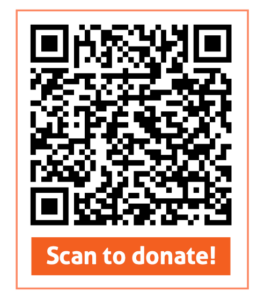In the self-compassion training sessions I offer to healthcare professionals, one topic always comes up: the difficulty of admitting to burnout or overwhelming stress. Why does burnout carry so much shame? And how can you take care of yourself in a high-pressure work environment where there’s little room to slow down?
The Shame of Falling Short
A doctor once told me she was practicing saying, “I am a burned-out doctor.” For her, it felt like a personal failure. Many healthcare professionals recognize this feeling—the sense of falling short when the heavy workload prevents them from providing the level of care they aspire to.
Waking up in the middle of the night, worried that you forgot something important or missed a crucial detail. Feeling uneasy about a decision you made. Realizing you promised a patient you’d check in, only to remember later that you never did. Developing your own health issues feels like the ultimate failure.
Work as the Center of Life
When I asked that same doctor how much time she spent working, she admitted that, for years, work had taken up more of her time than anything else in her life. And yet, it still didn’t feel like enough. That created shame.
The pandemic made her realize she wasn’t alone. There was now a clear external cause—it wasn’t unreasonable that she couldn’t keep up. That realization gave her some relief. But by then, she was completely drained. Her body resisted long hours on her feet, her mind often felt foggy, and her emotions were all over the place.
In short, classic symptoms of burnout.
Is ‘Burnout’ the Right Term?
The term burnout suggests that you are personally unable to handle stress—that you need to learn how to manage it better. And that’s how the problem is often addressed. If a healthcare worker burns out, they must seek help, develop resilience, and return to work. But nothing about their workplace has changed.
However, as research points out, for many healthcare professionals, stress is largely driven by external factors: excessive workload, growing (often unnecessary) administrative tasks, and unpredictable, long hours. Burnout isn’t even an official medical diagnosis, so there’s no universal agreement on what it truly entails.
Language Shapes Our Experience
Over the past year and a half, we’ve often heard war-like language when discussing healthcare:
“Healthcare professionals on the frontlines in the fight against COVID-19.”
This wording never sat right with me. But it did remind me of the concept of moral injury.
Moral injury occurs when you find yourself in situations that go against your core values—when you feel powerless to change circumstances that deeply conflict with what you stand for. It often leads to guilt, shame, and self-blame.
The Invisible Wounds of Moral Injury
Moral injury is a normal human response to an abnormal (often traumatic) situation where one’s moral values are compromised. It is, in essence, a form of moral damage.
The very values that inspired people to enter healthcare—the drive to help the sick and vulnerable—are often undermined by the system they work in. The hidden curriculum described by Marga Gooren in our book Heart for the Doctor: Working with Self-Compassion further reinforces these challenges.
After listening to countless healthcare professionals over the years, I suspect moral injury plays a significant role in the high rates of burnout in the field.
What strikes me in these conversations is the immense resilience, dedication, creativity, and compassion these professionals continue to show—despite everything. But who is taking care of them?
Try this: Join one of our (free) Compassion Collective sessions
Caring for the Caregivers
How well does the healthcare system care for its own professionals? How much autonomy do they have? Do their opinions truly matter? Are they considered when policies are made? How much control do they have over the care they provide? How much time do they actually have for each patient? And how often do they find themselves unable to provide the care they wish they could?
Listening to healthcare professionals, it’s clear that much needs to change. That’s why I believe it’s time to retire the term burnout. It makes the problem seem like an individual failing when it is, in reality, a systemic issue.
Instead, let’s call it moral injury. That shifts the focus to a collective responsibility. Healthcare professionals shouldn’t have to bear the burden of the harm inflicted by a broken system. Instead, it’s up to the healthcare system, policymakers, and society as a whole to address it.
We need to change the system together. Healthcare should be a place that not only cares for patients but also for those who dedicate their lives to treating them.
Read more: How to treat yourself with the same care as you treat your patients?
Image: Antoni Shkraba via Pexels







